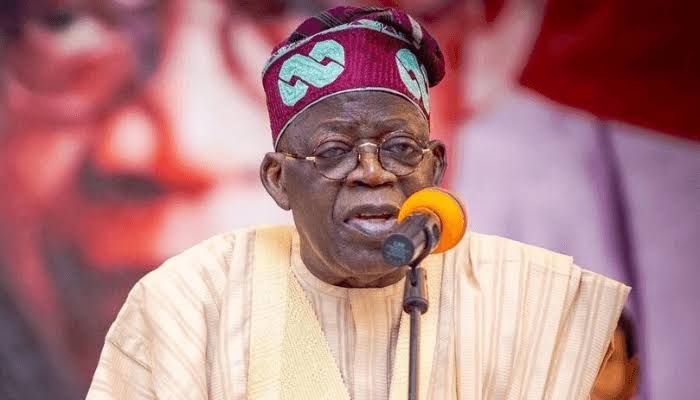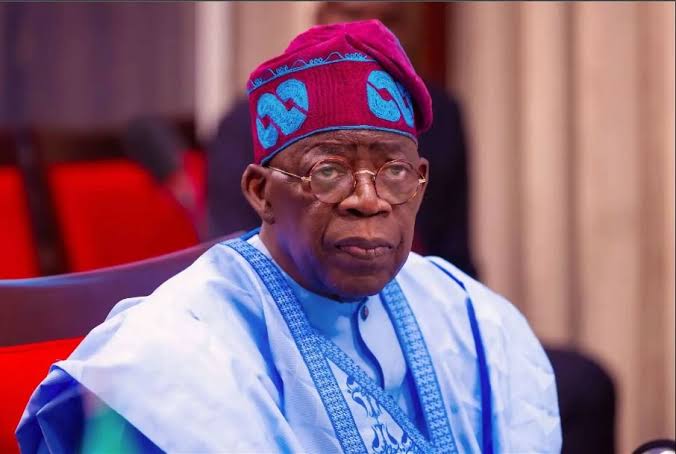Since assuming office in 2023, President Bola Tinubu’s administration has placed a strong emphasis on expanding and completing critical road infrastructure projects across Nigeria. While many of these projects were initiated under previous administrations, the current government has renegotiated contracts, adjusted funding, and set new deadlines in an effort to expedite their completion. Other projects are newly launched with the aim of enhancing connectivity, boosting trade, and promoting regional development.
This report examines 13 major road projects currently underway under Tinubu’s leadership. While these are not the only ongoing roadworks, they represent a significant portion of the government’s infrastructure investment. The analysis includes details on their scope, funding, contractors, and expected completion timelines, as well as potential challenges and concerns.
Key Road Projects and Their Status:
- Abuja-Kaduna-Zaria-Kano Dual Carriageway: This 164-kilometer road, originally awarded in 2017, has faced significant delays. Despite renewed focus and substantial funding allocations, including a revised cost of N740.79 billion, completion is not expected until 2026. The project’s history of delays and cost overruns raises questions about the efficiency of project management.
- 9th Mile-Oturkpo-Makurdi Road: The dualization of this road aims to improve connectivity between key regions. While funding has been approved, details on the project’s scope, timeline, and potential challenges are limited.
- Sokoto-Badagry Highway: This ambitious 1,068-kilometer highway, designed with a rail line in its median, aims to connect Nigeria’s northern and southern regions. While construction has begun on the Kebbi section, valued at N428.3 billion, the overall project faces significant logistical and financial hurdles.
- Abuja-Lokoja-Benin Road: This project, originally awarded in 2012, has been plagued by delays and contract disputes. The re-awarding of the contract in 2024 and the approval of N305 billion for its completion signal a renewed commitment, but past performance raises concerns.
- Lagos-Calabar Coastal Highway (Phase 1): The first 47.7-kilometer phase of this highway is set for completion by May 2025. However, the project’s EPC+F model, which shifts most financial risks to the contractor, raises questions about transparency and accountability. The planned tolling of the road for 5-10 years to recover costs could also face public resistance.
- Enugu-Onitsha Expressway: Reconstruction of this 107-kilometer expressway is being carried out under MTN’s Infrastructure Tax Credit Scheme. While the project is reportedly 50-70% complete, the May 2026 completion deadline and the lack of cost variations raise concerns about potential quality compromises.
- Benin–Asaba Superhighway: This 125-kilometer superhighway, financed under a Public-Private Partnership, is expected to be completed within 30 months. The project’s reliance on private funding and the lack of detailed information about the financing terms raise questions about its long-term sustainability.
- Oyo-Ogbomoso Road: This project has faced prolonged delays and contract terminations. The reassignment of the contract to JRB Construction at N147.89 billion signals a renewed effort, but the project’s history of mismanagement raises concerns.
- Bode Saadu-Kaima-Kosubosu Road: This 130-kilometer road is being developed under the Road Infrastructure Tax Credit Scheme, fully financed by BUA Group. While the project aims to support cross-border trade, its reliance on a single private entity raises questions about potential conflicts of interest.
- Enugu-Port Harcourt Expressway: Rehabilitation of this expressway is underway, with the Umuahia-Aba section scheduled for completion by June 2025. The government’s allocation of funds in the 2024 and 2025 budgets suggests a commitment to timely completion, but past performance raises concerns.
- Second Niger Bridge Access Road: Construction of a 17.55-kilometer access road to the Second Niger Bridge commenced in March 2025. While the bridge was largely completed under the previous administration, the integration of the access road is crucial for its effective utilization.
- Lagos-Ibadan Expressway: This expressway project, divided into two phases, has faced structural failures and delays. Completion of the remaining 8.5 kilometers is scheduled for April 2025, with commissioning planned for May. The planned introduction of tolling after Phase 1 could face public resistance.
- Bodo-Bonny Road: This 34-kilometer road with 13 bridges has faced significant cost escalations and funding delays. The project cost has been revised multiple times, reaching N280 billion, with completion now set for September 2025. The project’s history of mismanagement raises serious concerns about its ultimate success.
Challenges and Concerns:
While the Tinubu administration’s focus on road construction is commendable, several challenges and concerns remain:
- Cost Overruns: Many of the projects have experienced significant cost overruns, raising questions about the efficiency of project management and procurement processes.
- Delays: Many of the projects have faced prolonged delays, hindering their potential economic benefits.
- Transparency and Accountability: The use of various financing models, including EPC+F, Public-Private Partnerships, and the Road Infrastructure Tax Credit Scheme, raises questions about transparency and accountability.
- Quality Control: The emphasis on speed and meeting deadlines could compromise the quality of construction.
- Public Resistance: The planned introduction of tolling on some of the roads could face public resistance.
Conclusion:
President Tinubu’s administration has made road construction a key priority, with the aim of improving connectivity, boosting trade, and promoting regional development. However, the success of these efforts will depend on addressing the challenges of cost overruns, delays, transparency, and quality control. International observers are watching closely to see whether Nigeria can effectively manage these complex infrastructure projects and deliver tangible benefits to its citizens.









